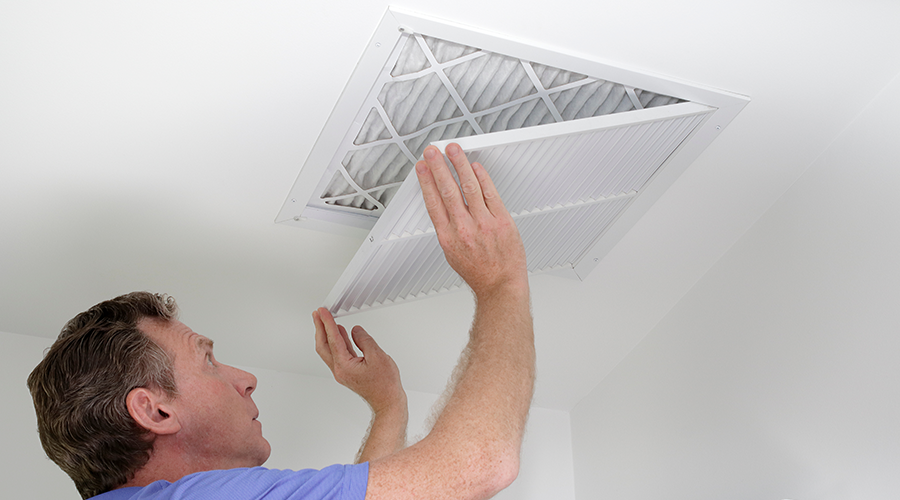R-Zero unveiled the results of its new "Indoor Air Impact" report. The findings reveal significant concerns around indoor air quality (IAQ), an underlying health issue that has long gone unaddressed.
Almost one-half of Americans (44 percent) say their physical health is negatively impacted by being indoors for long periods of time. Additionally, more than one-half (51 percent) of Americans say their mental health is negatively impacted by being indoors for long periods of time. This effect is more prevalent among females (56 percent) compared to males (47 percent).
Respondents are worried about the health implications from poor indoor air quality, and have noticed multiple physical and mental health effects of being indoors for extended periods of time. Respondents reported experiencing the following symptoms:
- Headaches: 39 percent
- Nose or throat irritation: 33 percent
- Fatigue: 32 percent
- Decreased productivity: 25 percent
- Dizziness: 18 percent
More than half (52 percent) of Americans still feel uneasy about being in crowded, indoor spaces due to the potential spread of germs. This sentiment is more pronounced among females (56 percent) compared to males (47 percent). Notably, younger generations expressed more unease than older Americans.
- 18 - 34 year olds: 60 percent
- 35 - 44 year olds: 58 percent
- 45 - 54 year olds: 55 percent
- 55 - 64 year olds: 44 percent
- 65+ years of age: 40 percent
The survey also highlighted the locations that respondents are most concerned with having the potential to spread germs. More than half of Americans are concerned about germ spread potential in:
- Travel locations (airport, airplane, hotel): 70 percent
- School or childcare locations: 68 percent
- Small enclosed spaces (public bathroom, elevator): 68 percent
- Medical facilities: 67 percent
- Indoor offices: 58 percent

 What 'Light' Daily Cleaning of Patient Rooms Misses
What 'Light' Daily Cleaning of Patient Rooms Misses Sprinkler Compliance: Navigating Code Mandates, Renovation Triggers and Patient Safety
Sprinkler Compliance: Navigating Code Mandates, Renovation Triggers and Patient Safety MUSC Board of Trustees Approves $1.1B South Carolina Cancer Hospital
MUSC Board of Trustees Approves $1.1B South Carolina Cancer Hospital Study Outlines Hand Hygiene Guidelines for EVS Staff
Study Outlines Hand Hygiene Guidelines for EVS Staff McCarthy Completes $65M Sharp Rees-Stealy Kearny Mesa MOB Modernization
McCarthy Completes $65M Sharp Rees-Stealy Kearny Mesa MOB Modernization